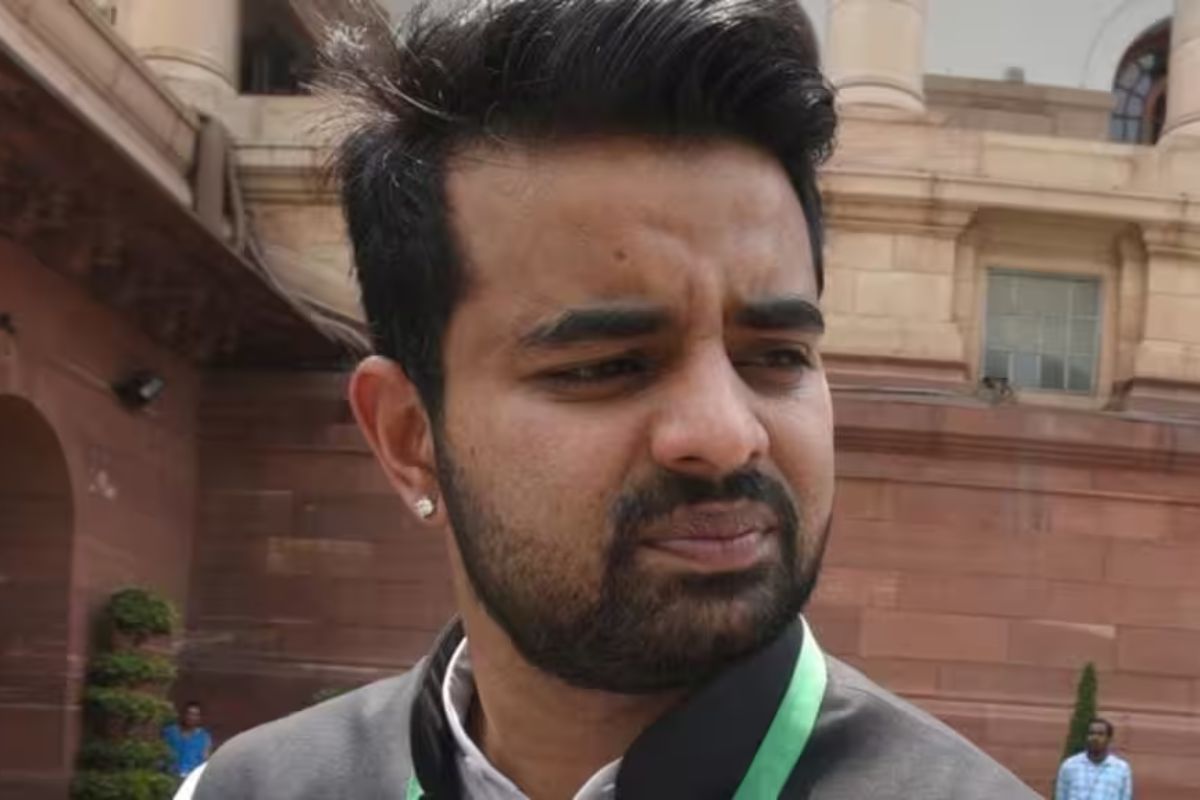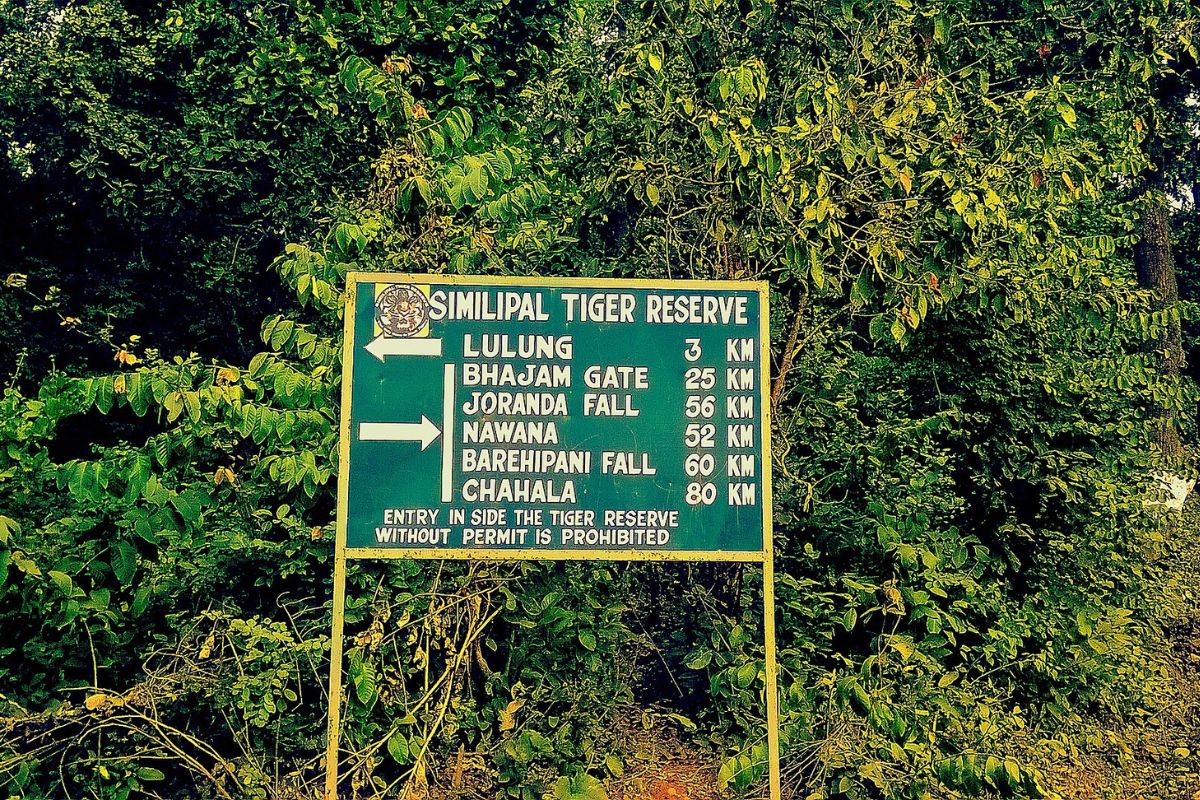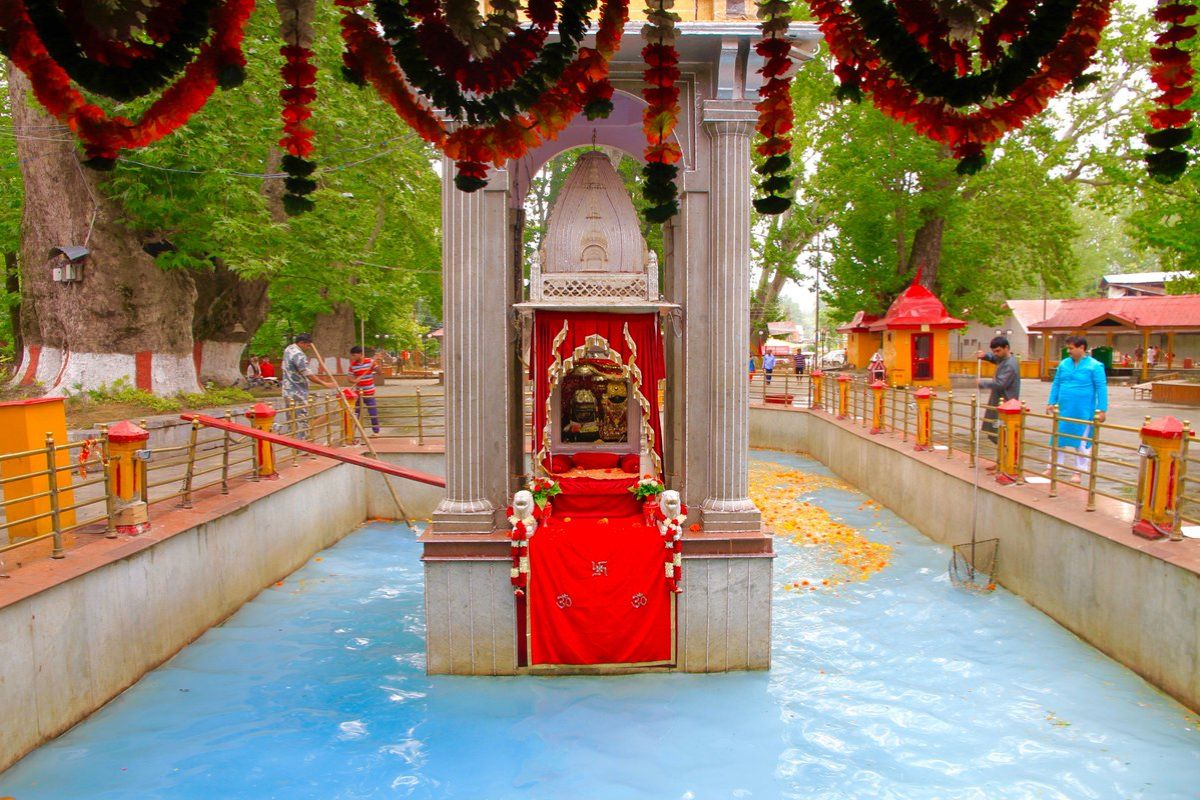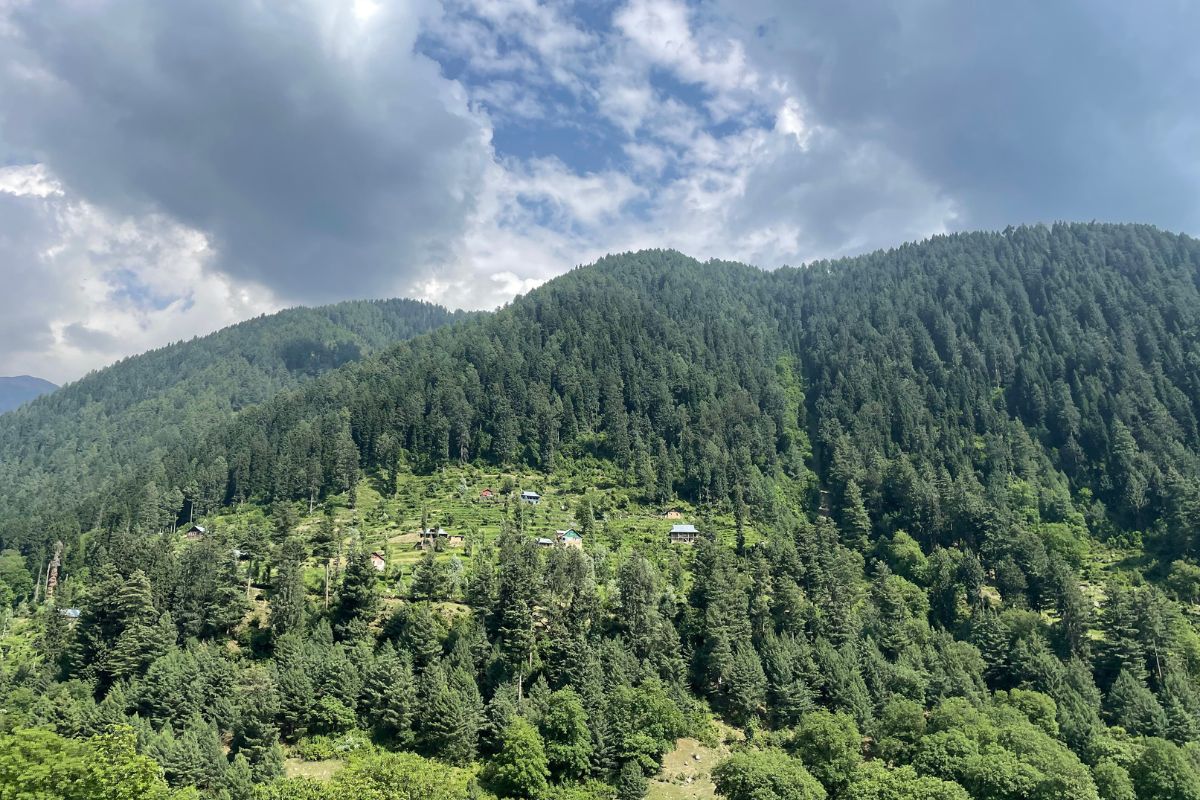Prajwal Revanna, amidst escalating controversy surrounding allegations of sexual exploitation, reportedly left the country utilizing his diplomatic passport, as clarified by the Ministry of External Affairs (MEA). The Janata Dal (Secular) leader, and sitting MP from Karnataka’s Hassan, utilized his diplomatic passport to travel to Germany, bypassing the need for a visa and other travel formalities.
The departure of Prajwal, grandson of former Prime Minister H.D. Deve Gowda, occurred on April 27, shortly after the emergence of sex video clips allegedly involving him. These clips, numbering in the thousands, prompted a police complaint by a woman alleging sexual assault, leading to the registration of a case against Prajwal.
“No political clearance was either sought from or issued by MEA in respect of the travel of the said MP to Germany. No visa note was issued either. No visa is required for diplomatic passport holders to travel to Germany. The Ministry has also not issued any visa note for any other country for the said MP…Yes, he travelled on a diplomatic passport,” MEA spokesperson Randhir Jaiswal said at a press briefing.
JD(S) MLA and former minister H.D. Revanna, alongside his son Prajwal Revanna, the JD(S) MP from Hassan, are entangled in allegations of rape and molestation. These accusations have emerged following the circulation of numerous explicit videos and photos purportedly implicating Prajwal. Notably, Prajwal is the candidate representing the BJP-JD(S) alliance in the Lok Sabha elections held in Hassan on April 26.
What is a diplomatic passport?
A diplomatic passport is a special travel document issued by the Government of India to individuals with diplomatic status or those deputed for official duties abroad.
Unlike regular passports, which have a validity of 10 years and a dark blue cover, diplomatic passports are valid for five years or less and have a maroon cover.
These passports, also known as official passports, are issued by the Consular, Passport & Visa (CPV) Division of the Ministry of External Affairs (MEA). They are provided to Indian government officials travelling abroad for official assignments or visits.
The validity of diplomatic passports is determined based on the holder’s position and the nature of their assignment or visit. The CPV Division also issues visa notes to government officials travelling abroad for official purposes, upon submission of a letter addressed to the Joint Secretary (CPV) along with relevant documents.
Diplomatic passports are issued to individuals falling into five main categories: those with diplomatic status, government-appointed officials on official business trips abroad, officers of the Indian Foreign Service (IFS) at the rank of Joint Secretary and above, and immediate family members of IFS and MEA officers.
Can MPs get diplomatic passports?
According to regulations, both members of the Lok Sabha and the Rajya Sabha are eligible to apply for diplomatic passports.
To obtain a diplomatic passport, MPs and their spouses can submit applications through the Ministry of External Affairs (MEA) website.
After filling out the application online, they are required to print and sign it before sending it to either the Conference & Protocol Section in Room number 527, Parliament House Annexe, or the Notice Office in Parliament House, as per TOI citing the latest Rajya Sabha bulletin.
If MPs or their spouses possess any other passports, those passports must be enclosed with the application forms.
As per the bulletin of the Upper House, members must apply for political clearance from the MEA at least three weeks before their intended travel date, using the link www.epolclearance.gov.in. This requirement applies to both official visits and private trips such as tourism or visiting friends or relatives abroad.
Can diplomatic passports be revoked?
Under the provisions of The Passports Act, 1967, revocation of a passport can only occur following the due process of law and requires a court order.
The passport authority has the discretion to revoke a passport if it is deemed necessary for safeguarding the sovereignty and integrity of India, or if the passport holder is wrongfully in possession of the document.
Furthermore, a passport can be revoked if the holder has been convicted by an Indian court for an offense involving moral turpitude and sentenced to imprisonment for a minimum of two years. Similarly, if legal proceedings for an alleged offense are pending before a criminal court in India, the passport may also be subject to revocation.
Follow Ground Report for Environmental News From India. Connect with us on Facebook, Twitter, Koo App, Instagram, Whatsapp and YouTube. Write us on GReport2018@gmail.com and subscribe our free newsletter.
Don’t forget to check out our climate glossary, it helps in learning difficult environmental terms in simple language.









